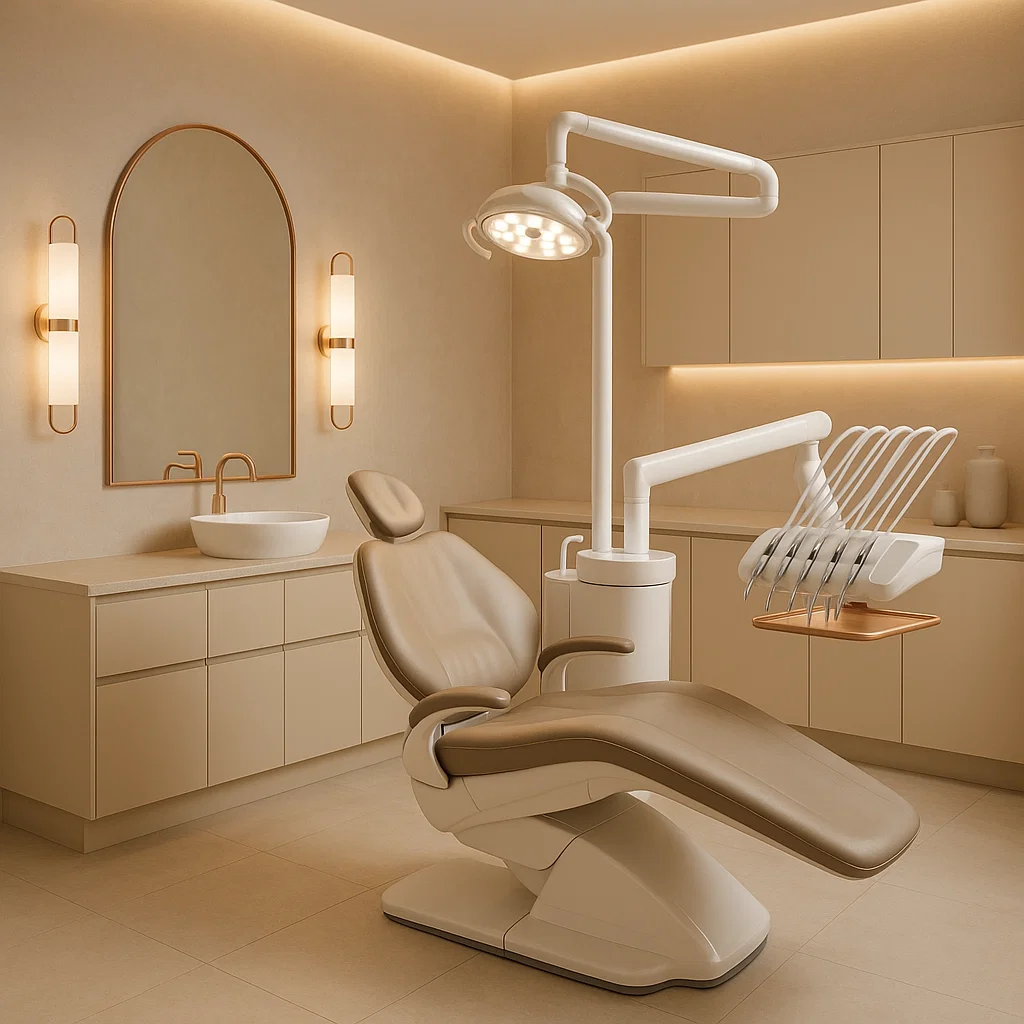
Beer may feel like a casual, harmless part of modern culture—but hidden acids, sugars, and dryness quietly weaken enamel and fuel gum irritation. Smarter swaps can help.
From brewery tours to game nights to weekend patios, beer has become more than a drink—it’s a culture. Craft flights, seasonal releases, and social sipping make it feel like a friendly, laid-back indulgence compared to cocktails or hard liquor.
But here’s the part most people don’t realize: the very things that make beer enjoyable—its carbonation, acidity, and malty sweetness—quietly wear down your teeth. The damage doesn’t cause pain right away. Instead, it creates microscopic enamel changes you won’t notice until sensitivity, stains, or cavities appear.
Even beers that don’t taste “sweet” still contain fermentable sugars. These sugars cling to enamel and feed bacteria, especially during long sipping sessions.
The result?
📊 Many beers contain 10–20 grams of carbs per serving, which break down into sugars that linger on teeth.
Beer’s bubbles create carbonic acid, which softens enamel with every sip. Combine that with brewing acids from grains and hops, and enamel is under repeated attack—especially during multi-beer hangouts.
Because enamel loss doesn’t hurt at first, most people don’t notice until they develop:
📊 Many beers have a pH between 3.0 and 4.5, which is acidic enough to weaken enamel.
Alcohol decreases saliva production, which means less natural rinsing and fewer minerals bathing your teeth. Dry mouth leaves bacteria unchallenged—especially if beer is paired with salty snacks.
The result?
📊 Saliva can drop significantly for hours after drinking, increasing risk during and after beer nights.
Beer doesn’t feel dangerous in the moment—it feels social, relaxing, and celebratory. But its effects build quietly. Over time, carbonation, sugar, and dry mouth erode enamel, fuel cavities, and dull your smile. With small swaps, you can enjoy beer culture while keeping your teeth healthier, stronger, and brighter.
Is beer really bad for teeth?
Yes—because of its sugar, acidity, and drying effects.
Are lighter beers safer than dark or sweet beers?
Generally, yes. They’re typically lower in sugar and residue.
Can rinsing really help?
Absolutely. Water dilutes acid and washes away sugar film.
Is it safe to brush right after drinking beer?
Wait 30 minutes—enamel is temporarily softened by acid.
Do sours, ciders, and IPAs cause more damage?
Often, yes—many are more acidic and can hit enamel harder.
At KYT Dental Services, we see the hidden effects of everyday habits all the time. Patients are often surprised to learn that “innocent” drinking habits—like beer nights—were quietly damaging their smiles over the years.
Our approach goes beyond repair. We focus on anticipating problems—protecting enamel from acid erosion, whitening stains, and reinforcing teeth with fluoride before damage becomes visible.
✨ Because even a beer culture habit should build connection, not compromise your smile.





